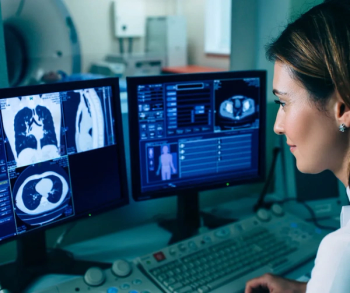
While there is a variety of factors that may factor into one’s ideal radiology job, demand is often a key consideration.

Eric Postal, MD, is a diagnostic radiologist with the University of Pittsburgh Medical Center.

While there is a variety of factors that may factor into one’s ideal radiology job, demand is often a key consideration.
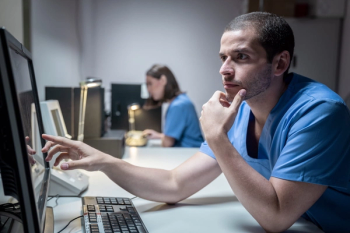
Are you being taken advantage of in your current radiology gig? Are you vigilant, hypersensitive or somewhere in between when it comes to standing up for yourself?
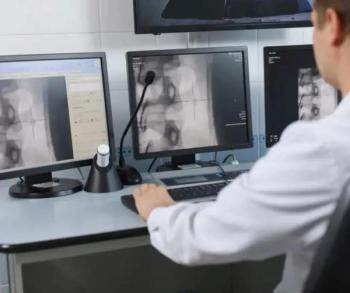
Whether it comes in the form of seemingly extraneous addendums or the need to emphasize key points in radiology reporting, repetition can be a constant source of frustration.
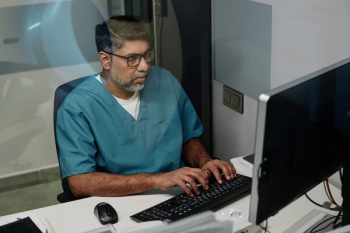
Looking for an enlightened approach to billing isn’t easy amid a sea of third-party payor excuses, absurd addendum requests and CT headers seemingly etched in stone.

Refraining from expressing one’s political viewpoints in the workplace needs to be reemphasized.
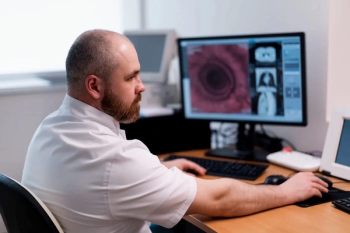
Other factors such as burnout, extraneous imaging orders and increasingly non-clinical tasks are key considerations when assessing reported backlogs with radiology worklists.

What are the key considerations to ensuring an optimal pace at your workstation?
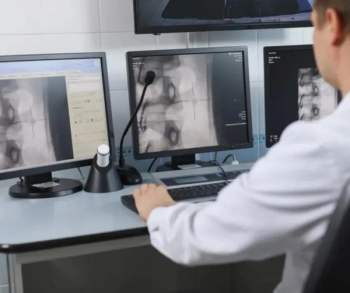
Whether it is reimbursement cuts or continued attempts to push non-radiologist image interpretation, where do we draw the line between inspired protest and misspent energy criticizing things that are doomed to fail or things we have no control over?

Is there an achievable balance between leisurely relaxation and cramming must-do sightseeing into a short amount of time?

With summer right around the corner, this author offers key principles for optimizing one’s time off.

There is something to be said for finding the sweet spot between hardwired ambition and consistent success under the radar in radiology.

Understanding and embracing a no-excuses approach to exercise may be more important than ever.
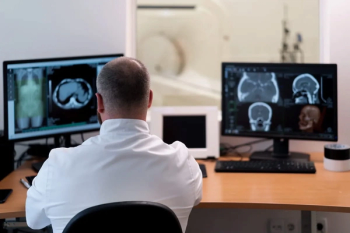
Some abbreviations for radiology transcriptions defy reasonable explanation but they continue to persist on multiple voice recognition platforms.
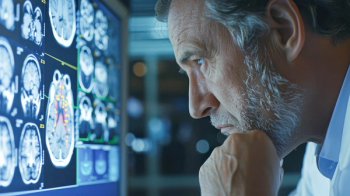
While the best-laid plans may become fraught with contingencies and detours, how we react to them changes with the wisdom of experience.

How should you respond when being thanked broadly for the work you do in radiology?

Certain cases and disciplines can facilitate consistent momentum during the course of the day.

What would it be like if we could use AI-powered voice modes as filters for radiology dictations?

Amid the variety of different state CME requirements that need to be navigated for teleradiologists, there are certain CME topics that have no relevance for radiology.

How would you respond if you were asked for ‘five bullet points of what you accomplished last week’?
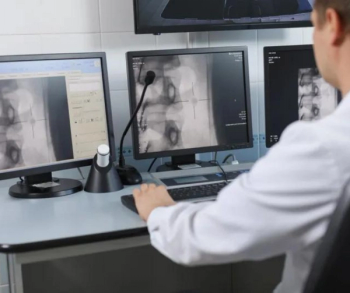
Is there a legitimate mechanism for questioning the questions on radiology board exams?
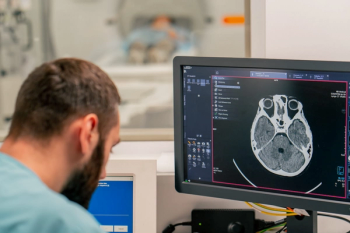
Does continuous learning fuel our drive, our dedication, and, perhaps, our dreams?

Is there a certain amount of storytelling in diagnostic radiology?

Could there be a simpler more secure alternative to the daily dance with password managers, VPNs, and authenticator apps?

While the most challenging cases may feel a bit intimidating, they can be affirming opportunities to test our adaptability and willingness to test our acumen in delivering results for patients.
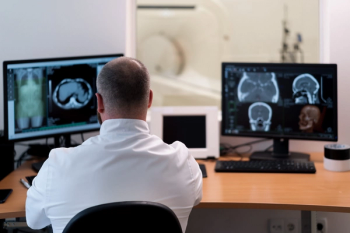
Does experience soften one’s threshold for pushing back against extraneous imaging protocols and other slights in radiology?

Experience gradually transforms an initial tendency to overcall findings in radiology to more of a reserved under calling on radiology reports.
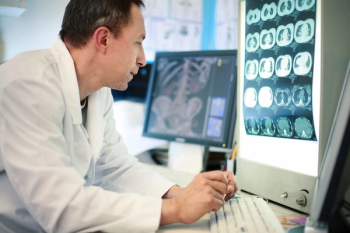
There may be a certain denial about the capability of proposed radiology workforce solutions and technological advances such as AI to enhance our efficiency.

In contrast to simply agreeing with the negative herd or hijacking a conversation with unrelated commentary, emphasizing spirited contributions and viewpoints can facilitate a lively exchange of ideas in radiology forums.
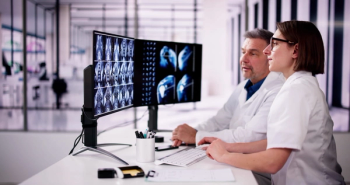
Does the wisdom of experience to make meaningful changes in radiology get usurped by reduced energy and a sense of diminishing returns?

Does our pattern recognition expertise in imaging extend to our impressions of tells in the work of our colleagues?